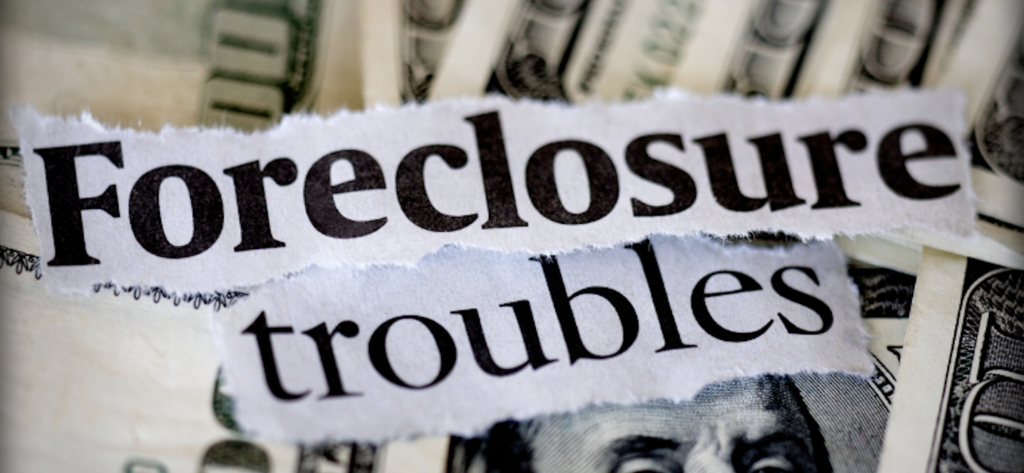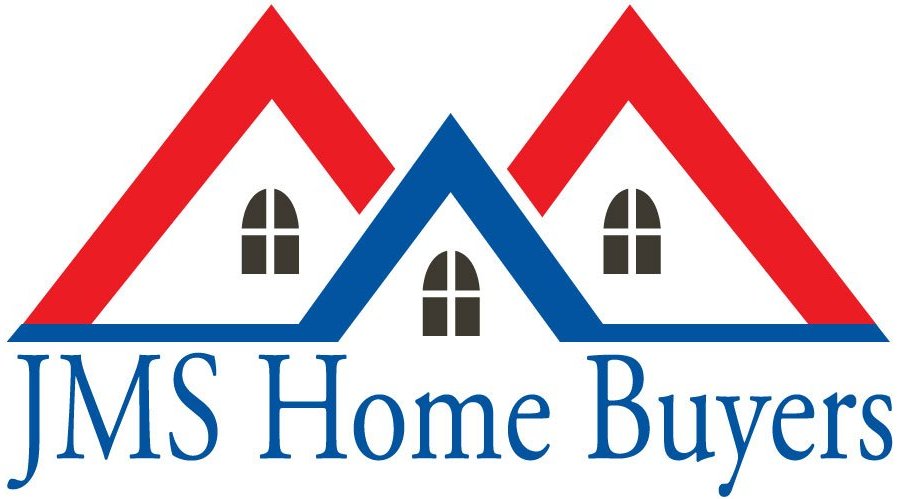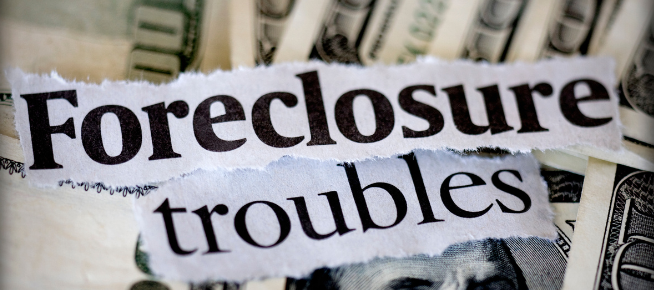
When you know how foreclosures are handled in Cherryville, North Carolina, you will understand the importance of acting quickly and what options to explore.
What is foreclosure anyway?
When a borrower does not make their mortgage payment the lender has a legal right to collect the money owed. When a borrower takes out a loan to buy a house they make a promise to pay the money back. The home is collateral for that loan. Borrowers have legal rights during this process, but the ultimate result is the home will be seized and the bank will sell the home to recoup the money that is owed on the loan.
The lender does not want to go through the foreclosure process. They would much rather have you get caught up on your loan or for you to sell the home and pay off the dept. The legal process will provide you with time to choose how you are going to repay the money owed.
The Basic Stages
Foreclosure works differently in different states around the country. They are judicial sale and non judicial or power of sale.” In North Carolina most foreclosures are “power of sale’ or “non-judicial.” This means the case is heard in front of the county clerk and not a judge.
Before the legal process begins the lender will appoint a third party to handle the case, called a Trustee. The Trustee files the Notice of Foreclosure. The notice is sent to you informing you the process has begun. This is a public notice announces that provides the date and time the Clerk will hold a hearing. This hearing is to decide whether to foreclose on the house or not. This notice is an opportunity to get caught up on your loan before legal action begins.
What to Expect During a Foreclosure Hearing
Contrary to what you may have seen in popular media, these hearings are not dramatic courtroom battles. The hearing takes place so the Trustee can present to the clerk of court necessary documents that prove the debtor defaulted on their loan.
The Clerk focuses on four key issues to determine whether to approve a foreclosure sale: (1) valid debt held by the party seeking to foreclose, (2) evidence of default on that debt, (3) the right for the holder to foreclose according to the deed of trust, and (4) proper notice of the hearing given to the debtor.
During the hearings, clerks examine only a limited range of issues. This narrow focus makes it extremely challenging to defend oneself, and the overwhelming majority of hearings end with an order approving the foreclosure sale. The clerk’s role is restricted to verifying whether the bank has proven the four essential elements, with no consideration of why the person is behind on payments or if the bank committed any wrongful acts. While a defense may be possible if one of the elements is not met (e.g., if the bank cannot prove it holds the loan’s note), successful defenses in front of the clerk are uncommon. Any defense that falls beyond these four elements must be pursued in a separate action filed in Superior Court, which can be costly and difficult to win.
In a foreclosure hearing, either the mortgage holder or the borrower can request a delay of the proceeding to a later date. This could grant you more time (up to 60 days) if you can provide evidence to the clerk that there is a good chance that you will resolve the default with the bank and prevent the foreclosure. You may do so by proving that you are negotiating payments with the bank or applying for a loan modification. If the clerk approves the request, you will receive a written order specifying the new hearing date.
What Happens During a “Power of Sale?”
If the foreclosure process is not halted during the hearing the next step is the sale of the property. The homeowner will receive a Notice of Foreclosure Sale, which is similar to the Notice of Foreclosure Hearing. This notice includes the date, time, and location of the sale. The sale must be scheduled at least 20 days (about 3 weeks) after the hearing, and it will be advertised in the newspaper for two weeks. The auction of the property will take place on the date shown in the Notice of Foreclosure Sale, unless it is postponed
Another public announcement will be published informing anyone with an interest in the property that it will be sold. In the event of a foreclosed property being auctioned, contractors or banks that hold liens against it are entitled to receive payment from the auction proceeds.
What Happens After a Foreclosure Auction?
After a foreclosure is complete, the loan amount is paid off with the sale proceeds. Sometimes, if the sale of the property at auction isn’t enough to pay off the loan, a deficiency judgment can be issued against the borrower. A deficiency judgment is where the bank gets a judgment against you, the borrower, for the remaining funds owed to the bank on the loan amount after the foreclosure sale. Some states limit the amount owed in a deficiency judgment to the fair value of the property at the time of sale, while other states will allow the full loan amount to be assessed against the borrower.
Generally, it’s best to avoid a foreclosure auction. The best time to take action is at the start of the process. If your economic status hasn’t changed and the bank will not modify your loan, selling the home early in the process will stop foreclosure. There are home buying companies like, JMS Home Buyers LLC, who can purchase your home in as little as 10 days.
JMS Home Buyers will handle everything. We provide a discrete and simple way to sell your home. We are not listing your home we are buying it as is. There are no open houses or showings, no repairs to make and no cleaning out the home. You can focus on the things that matter most to you and your family during this transition.
If you need to sell a property near Cherryville, we can help you.
We buy houses in Cherryville, North Carolina like yours from people who need to sell fast.
Give us a call anytime 704-707-6016 or
fill out the form on this website today! >>
Another Foreclosure Resource for Cherryville, NC Homeowners:

